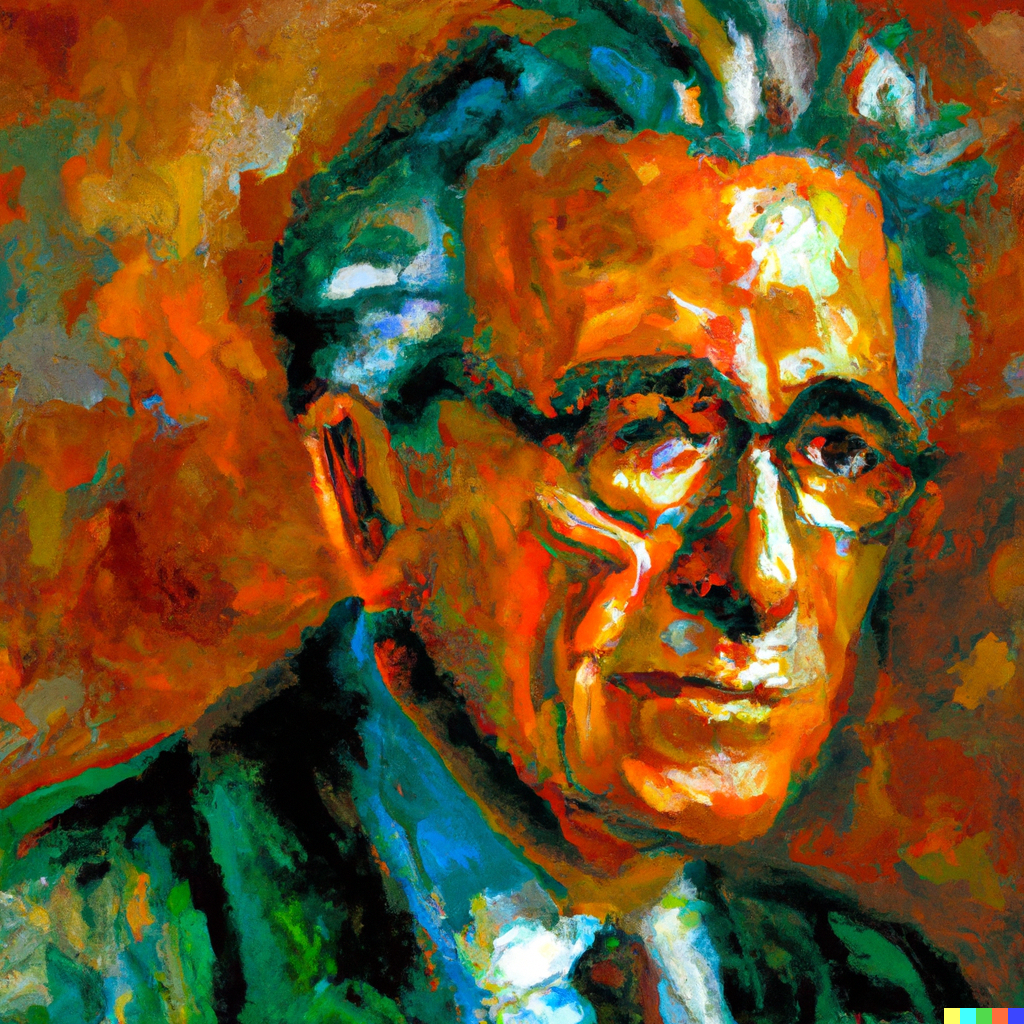Man's Search for Meaning: Notes and Quotes

The following are the notes I took while reading "Man's Search for Meaning" by Viktor Frankl. Mainly quotes:
- "Don't aim at success—the more you aim at it and make it a target, the more you are going to miss it. For success, like happiness, cannot be pursued; it must ensue, and it only does so as the unintended side-effect of one's dedication to a cause greater than oneself or as the by-product of one's surrender to a person other than oneself. Happiness must happen, and the same holds for success: you have to let it happen by not caring about it. I want you to listen to what your conscience commands you to do and go on to carry it out to the best of your knowledge. Then you will live to see that in the long run—in the long run, I say!—success will follow you precisely because you had forgotten to think of it."
- "No man should judge unless he asks himself in absolute honesty whether in a similar situation he might not have done the same."
- "In Auschwitz I had laid down a rule for myself which proved to be a good one and which most of my comrades later followed. I generally answered all kinds of questions truthfully. But I was silent about anything that was not expressly asked for."
- "The experiences of camp life show that man does have a choice of action. There were enough examples, often of a heroic nature, which proved that apathy could be overcome, irritability suppressed. Man can preserve a vestige of spiritual freedom, of independence of mind, even in such terrible conditions of psychic and physical stress. We who lived in concentration camps can remember the men who walked through the huts comforting others, giving away their last piece of bread. They may have been few in number, but they offer sufficient proof that everything can be taken from a man but one thing: the last of the human freedoms—to choose one's attitude in any given set of circumstances, to choose one's own way."
- "If there is a meaning in life at all, then there must be a meaning in suffering. Suffering is an ineradicable part of life, even as fate and death. Without suffering and death human life cannot be complete."
- The way in which a man accepts his fate and all the suffering it entails, the way in which he takes up his cross, gives him ample opportunity—even under the most difficult circumstances—to add a deeper meaning to his life. It may remain brave, dignified and unselfish. Or in the bitter fight for self-preservation he may forget his human dignity and become no more than an animal. Here lies the chance for a man either to make use of or to forgo the opportunities of attaining the moral values that a difficult situation may afford him. And this decides whether he is worthy of his sufferings or not.
- Nietzsche: "He who has a why to live can bear with almost any how."
- "...it did not really matter what we expected from life, but rather what life expected from us."
- "What you have experienced, no power on earth can take from you."
- "The more one forgets himself—by giving himself to a cause to serve or another person to love—the more human he is and the more he actualizes himself. What is called self-actualization is not an attainable aim at all, for the simple reason that the more one would strive for it, the more he would miss it. In other words, self-actualization is possible only as a side-effect of self-transcendence.
- "The (second) way of finding a meaning in life is by experiencing something—such as goodness, truth and beauty —by experiencing nature and culture or, last but not least, by experiencing another human being in his very uniqueness;—by loving him."
- People have enough to live by but nothing to live for; they have the means but no meaning. To be sure, some do not even have the means.
